Research began in 2003 when Professor José Antonio Lorente from Granada University and historian Marcial Castro dug up what they believed to be Christopher Columbus's remains from Seville Cathedral. Spanish scientists have been studying these remains to learn more about Columbus's background, which has been a topic of debate for many years. Historians have often claimed that Columbus was born in Genoa, Italy, but DNA analysis has provided strong evidence suggesting otherwise.
Forensic expert Miguel Lorente, in a recent documentary titled *Columbus DNA: The True Origin*, stated, "We have DNA from Christopher Columbus, though it is limited but enough. We also have DNA from his son, Hernando Colón. Both the Y chromosome and the mitochondrial DNA from Hernando show traits that are compatible with Jewish origins."
The researchers believe Columbus may have hidden his Jewish heritage or converted to Catholicism to escape religious persecution in Spain at that time. While they have not determined Columbus's exact birthplace, they think it could be somewhere in Western Europe, with Valencia, Spain, being a likely candidate.
The term "Sephardic" comes from "Sefarad," the Hebrew word for Spain. The DNA results, which Lorente describes as "almost absolutely reliable," rule out many other theories about Columbus's origins, including claims that he may have been born in Poland, Portugal, or Scandinavia.
Columbus is famous for his voyages across the Atlantic, sponsored by the Spanish monarchy, in search of a new route to Asia. Instead, he landed in the Caribbean, sparking a wave of European exploration that eventually led to the colonization of the Americas. However, his journeys were also controversial due to the harsh treatment of indigenous people by his crew, which included violence and enslavement.
Columbus died in 1506 in Valladolid, Spain, and his remains were moved several times before finally being laid to rest in Seville.
- Tags:
- International

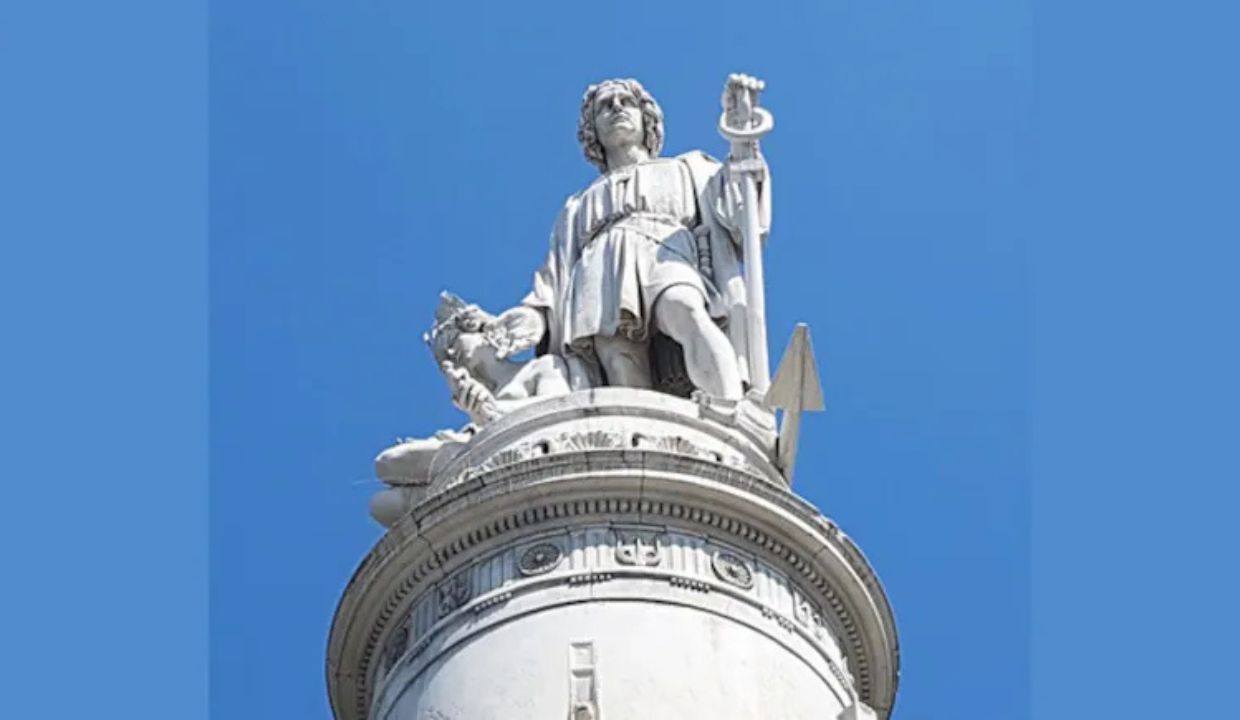

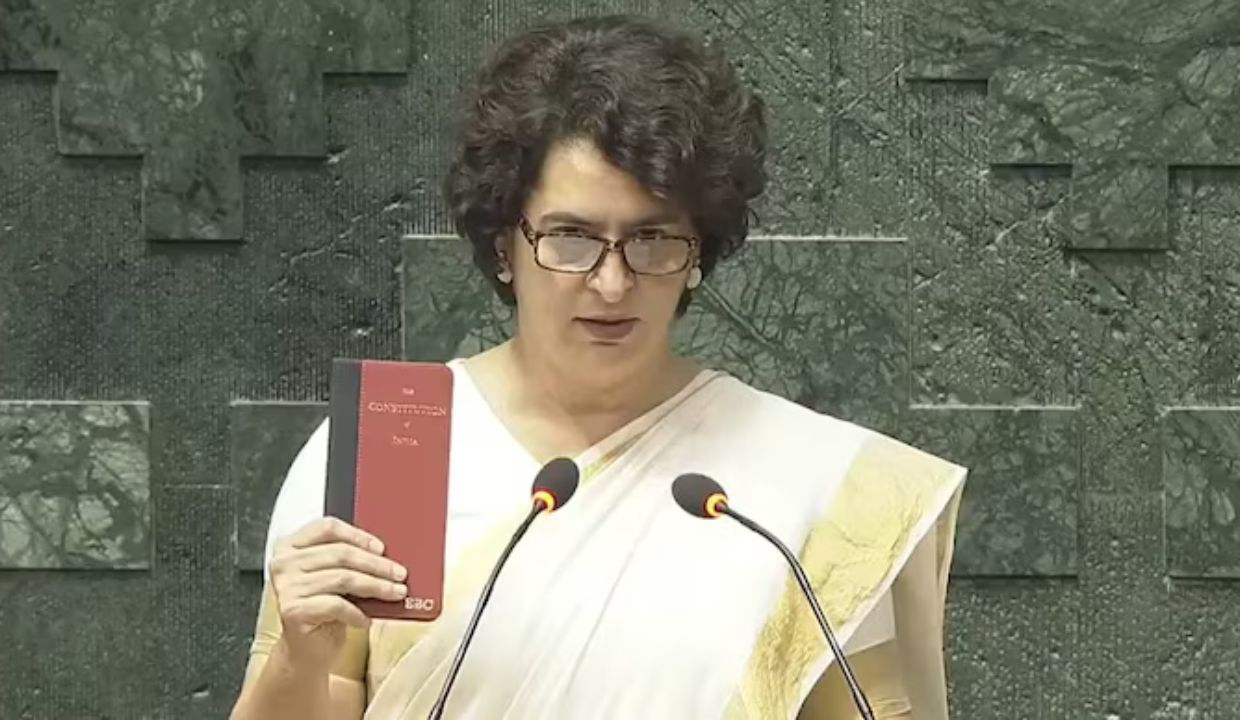







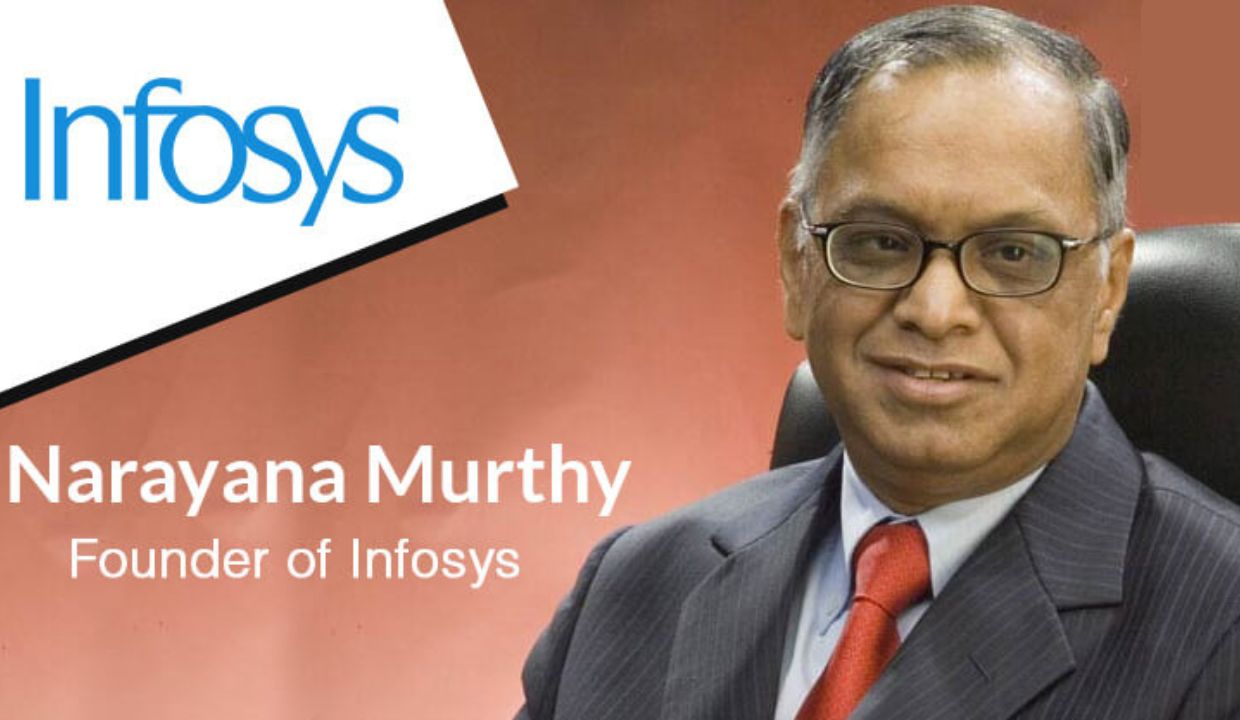






















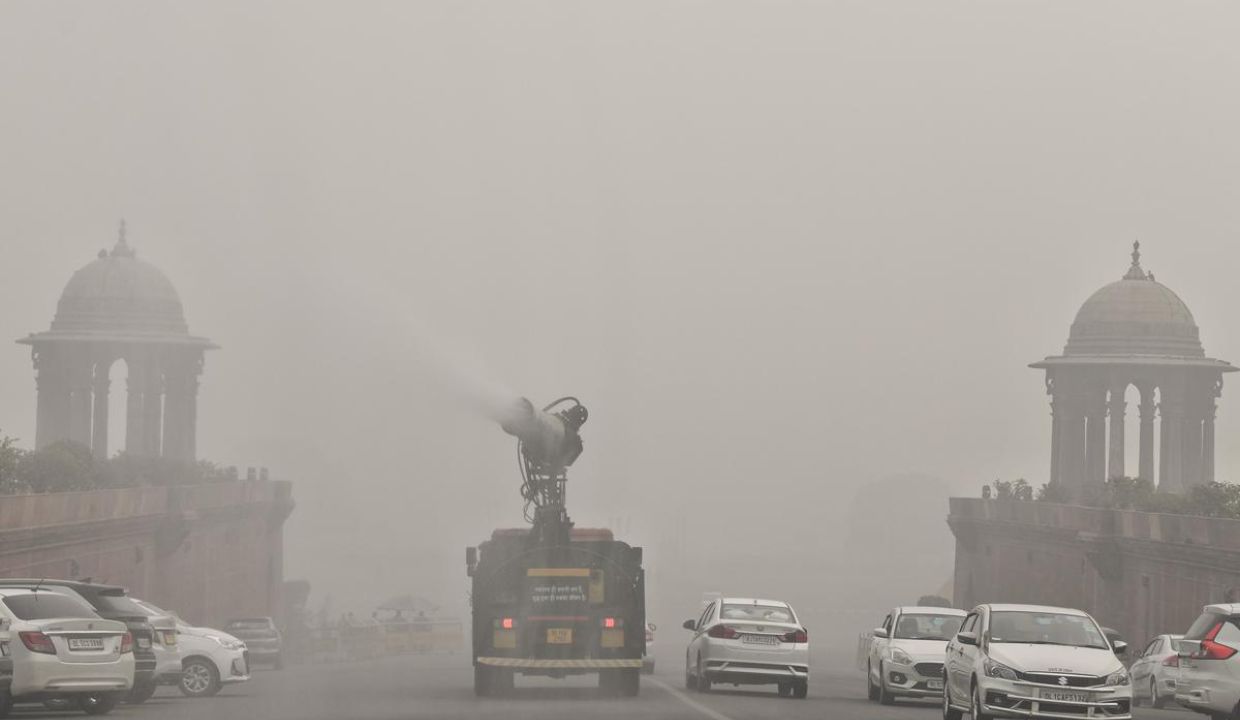


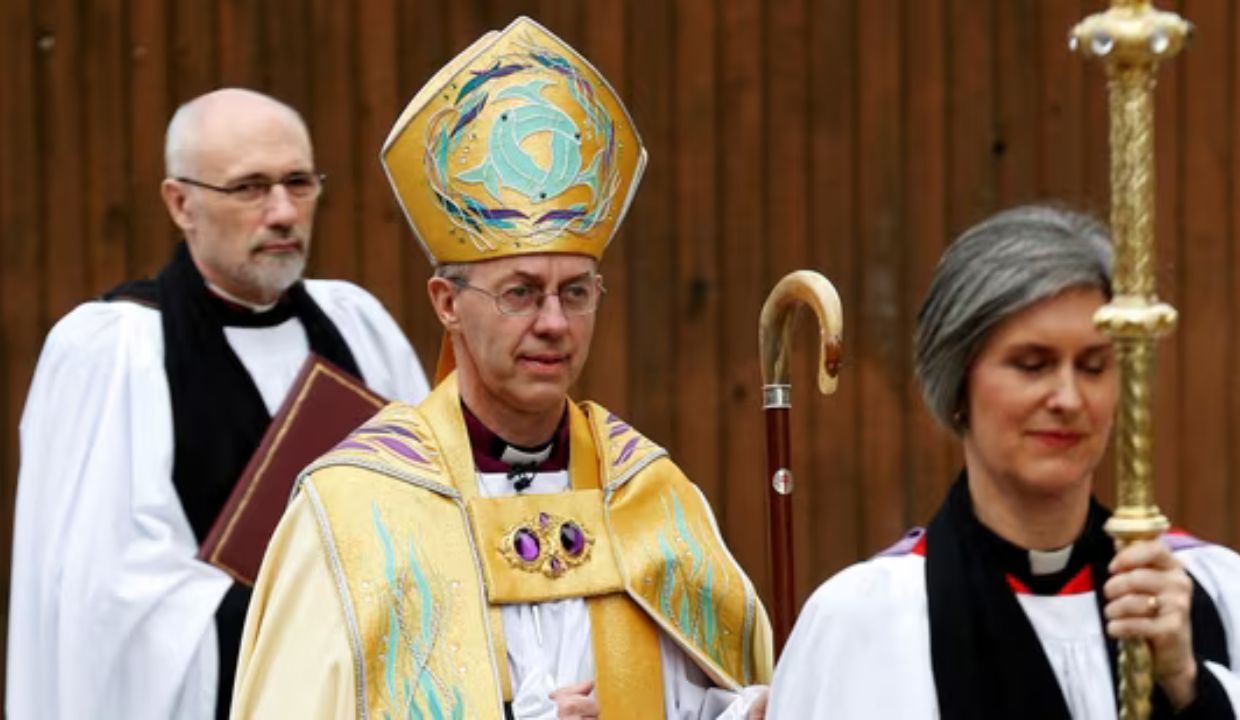








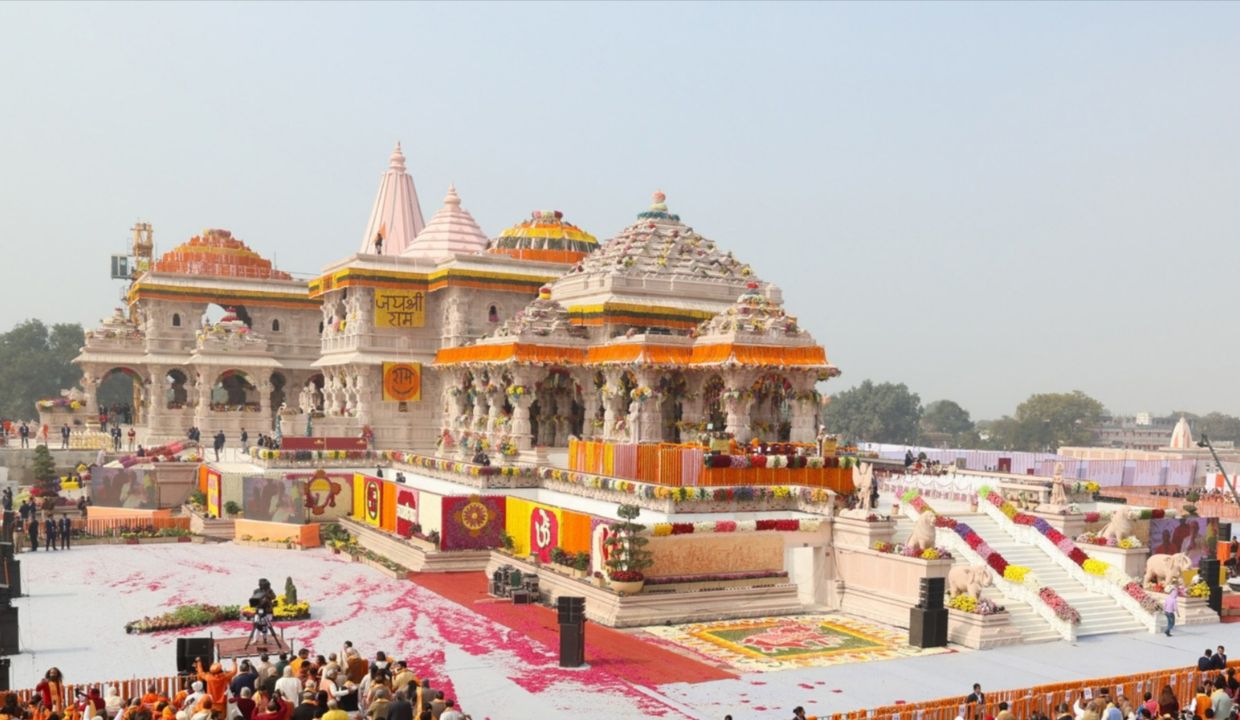







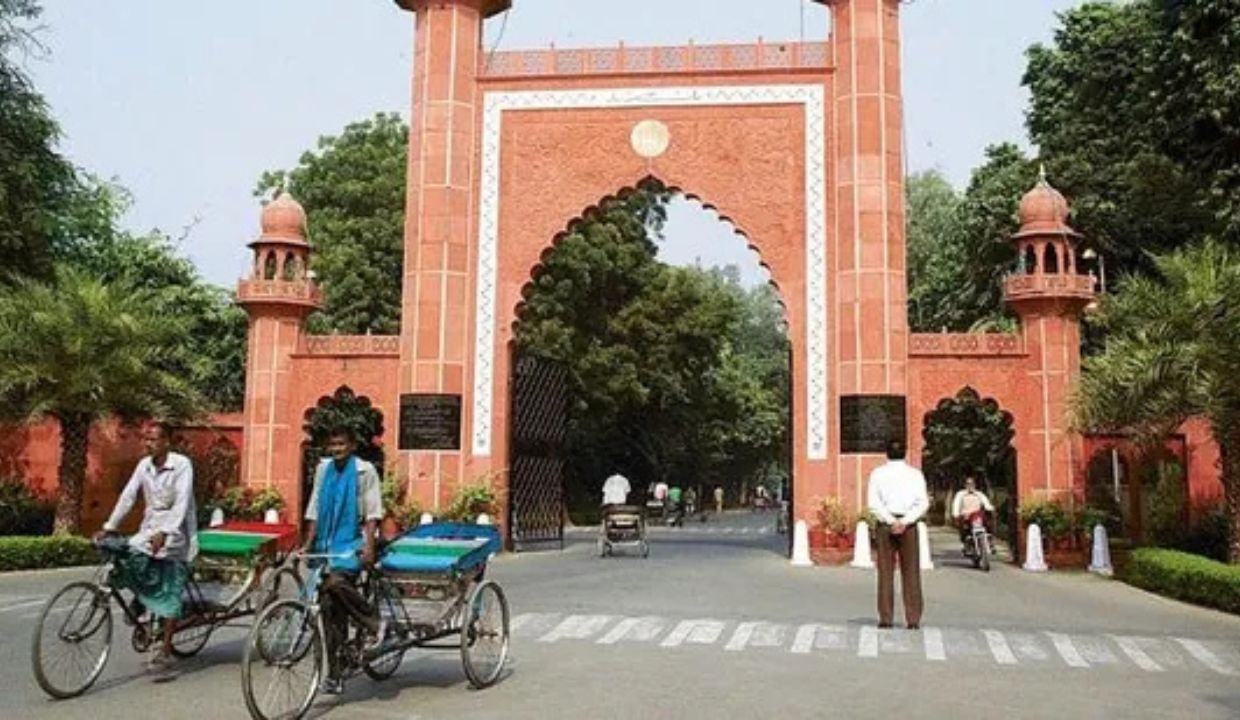

























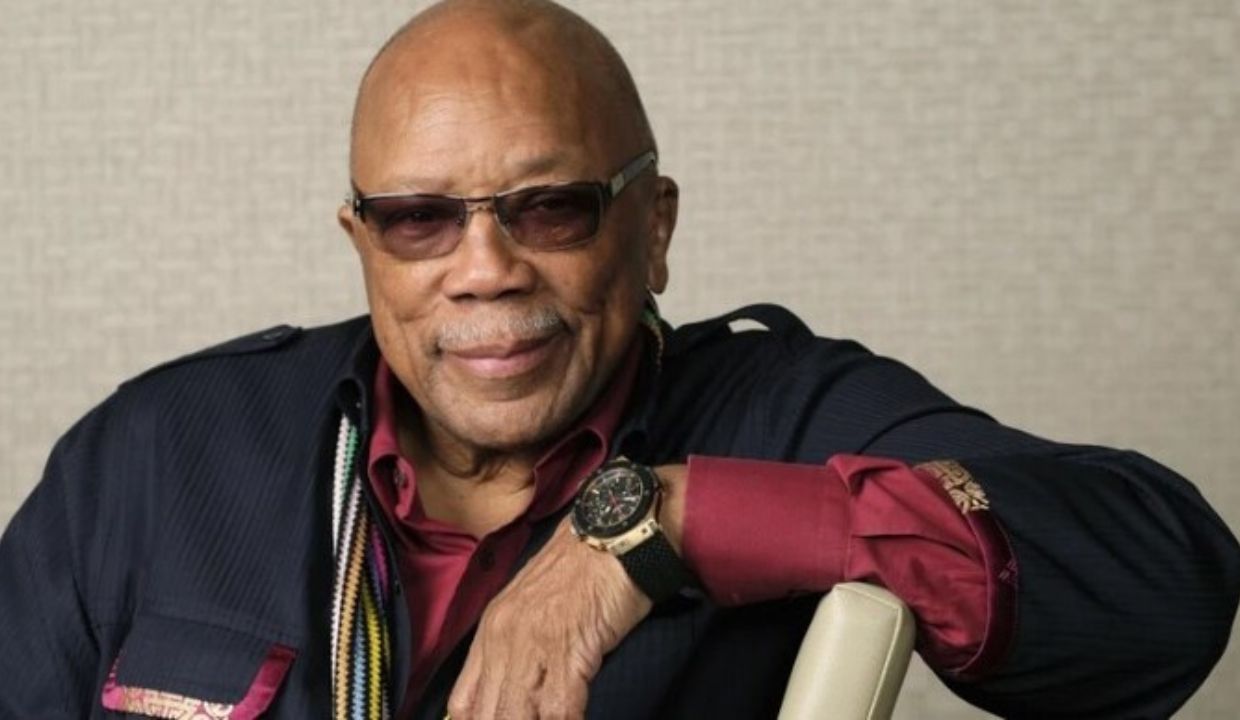

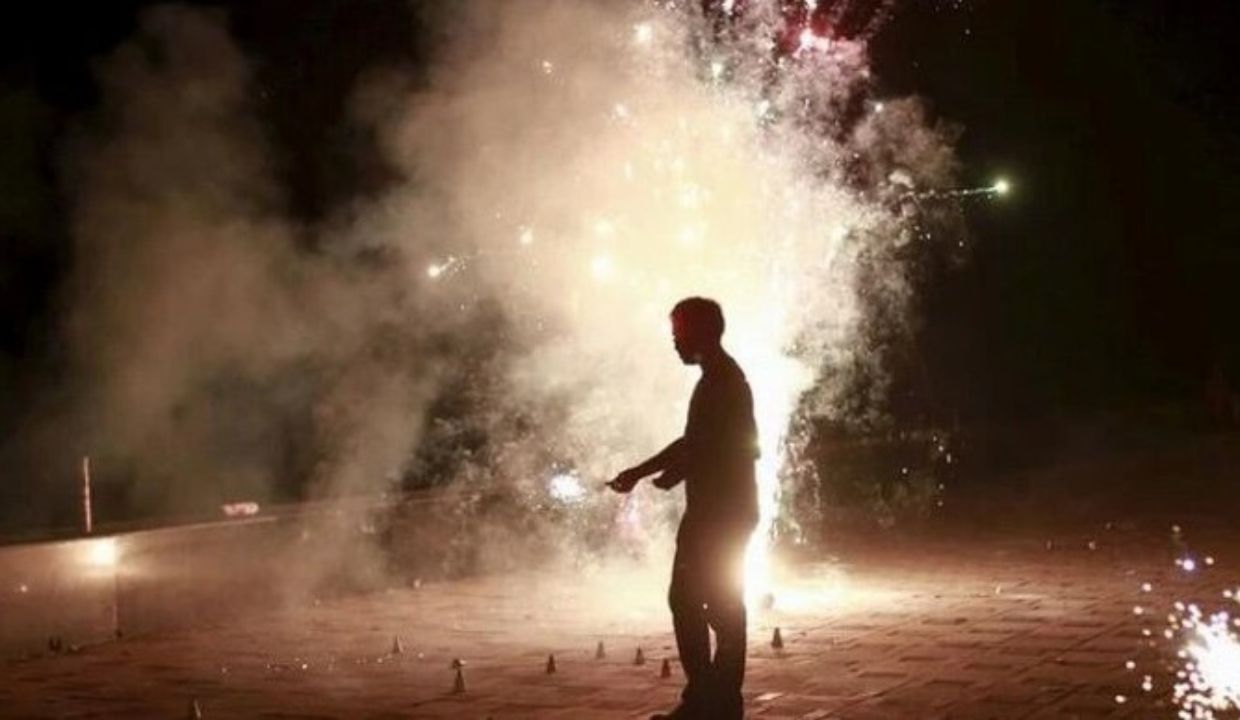

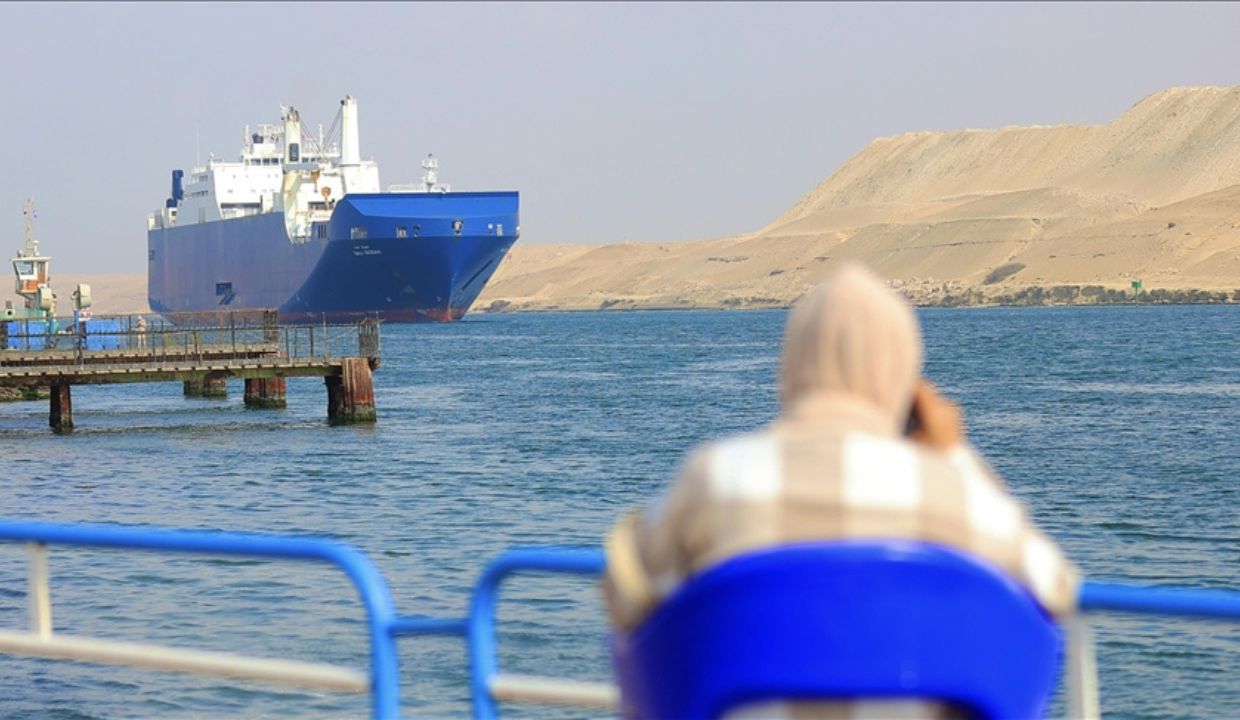





































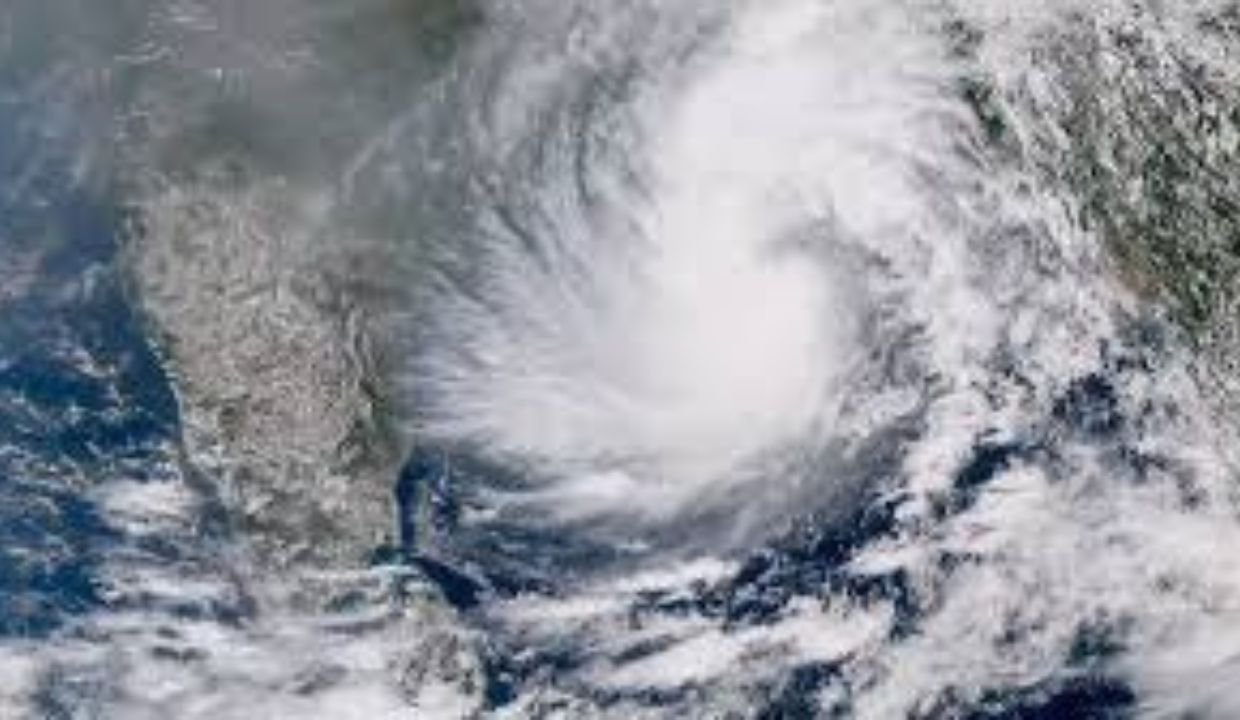






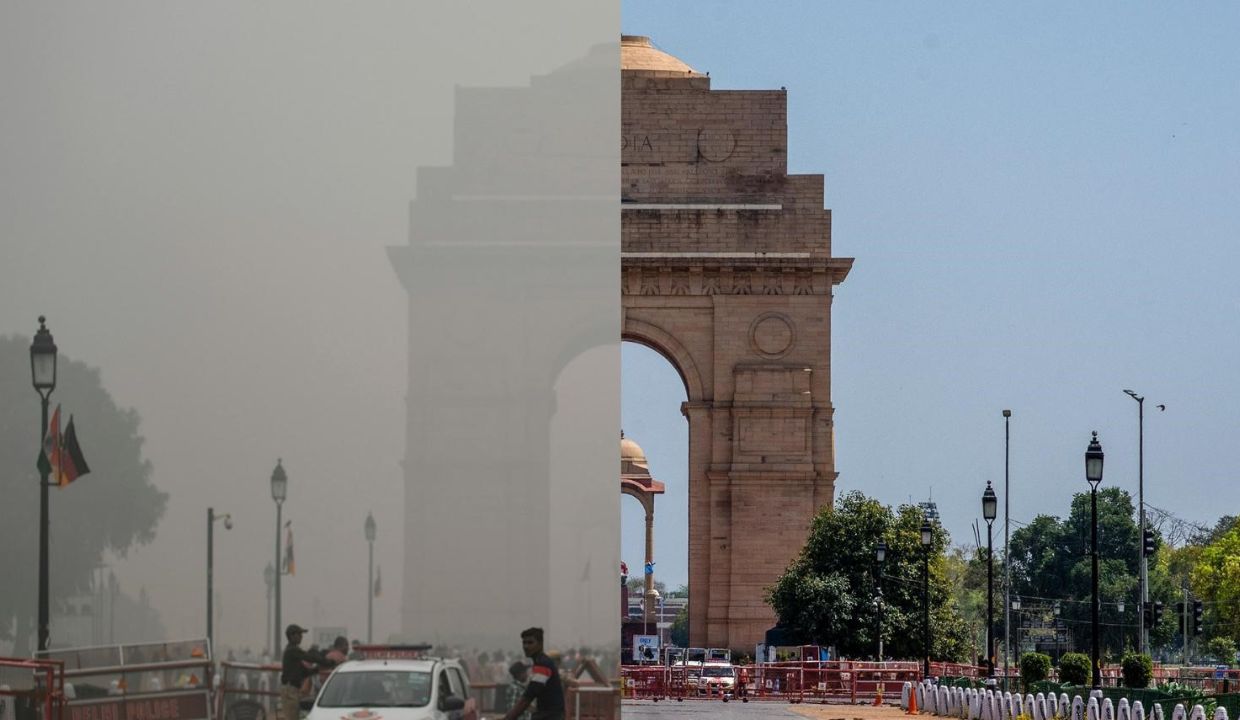

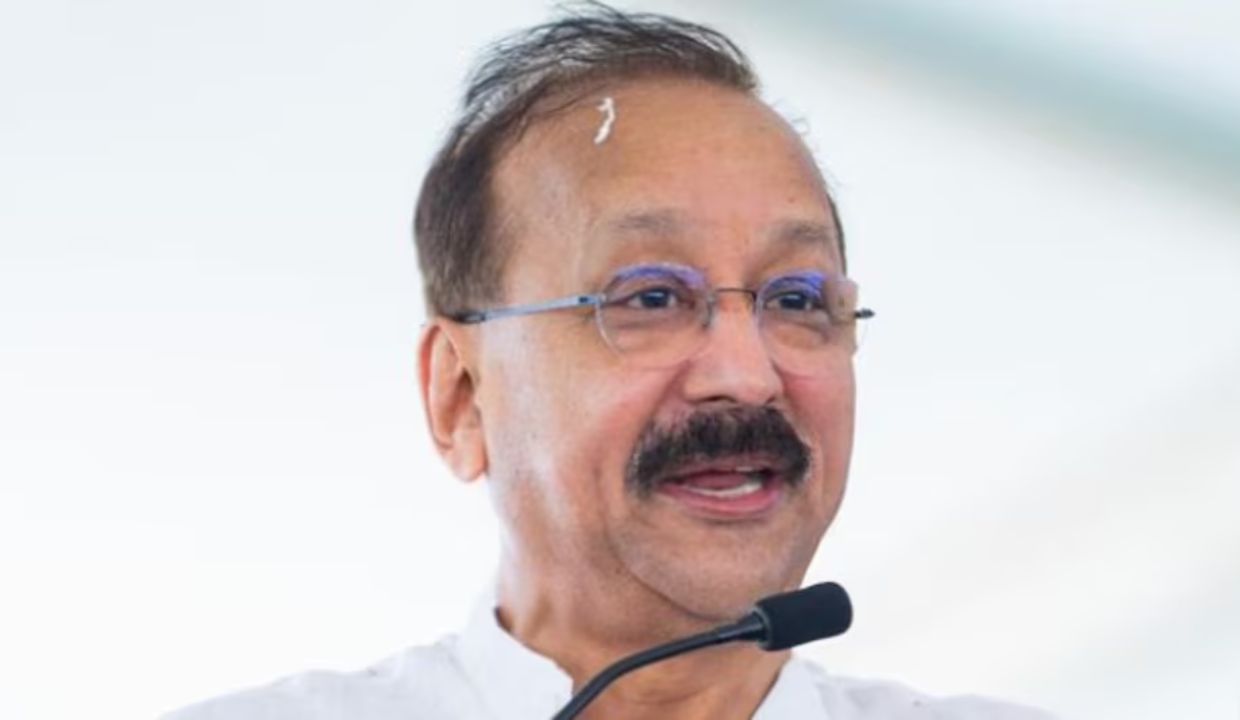


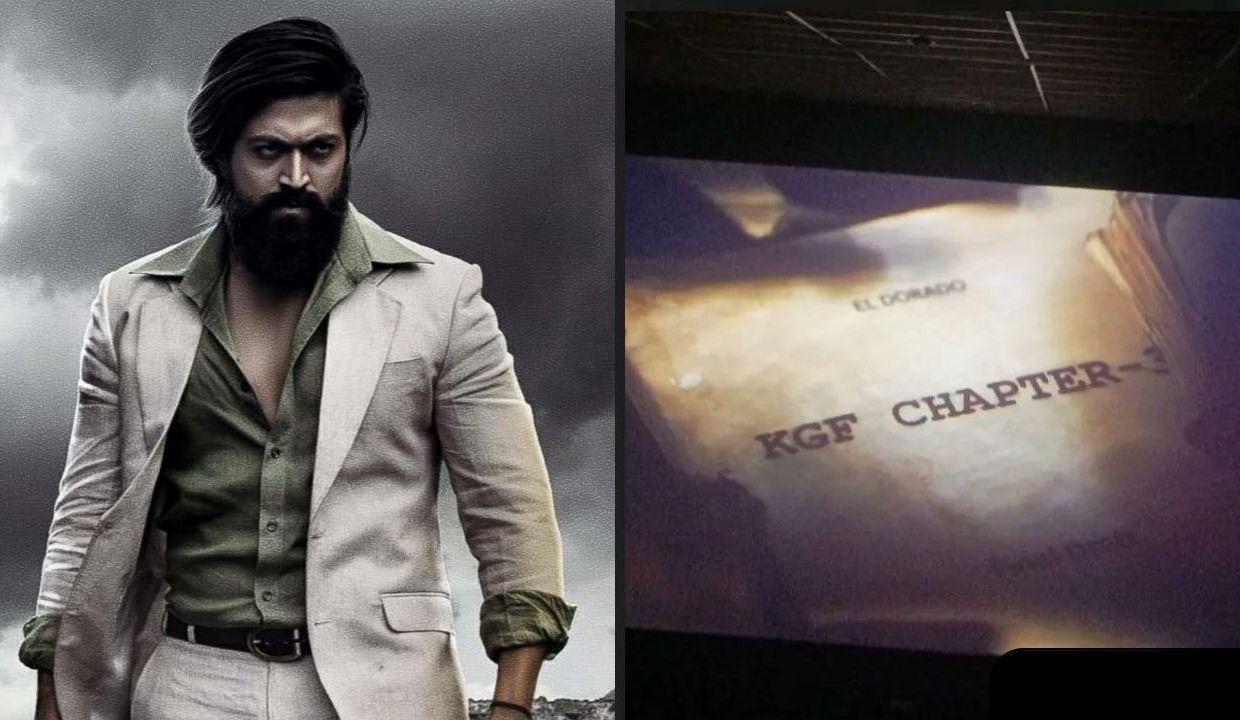


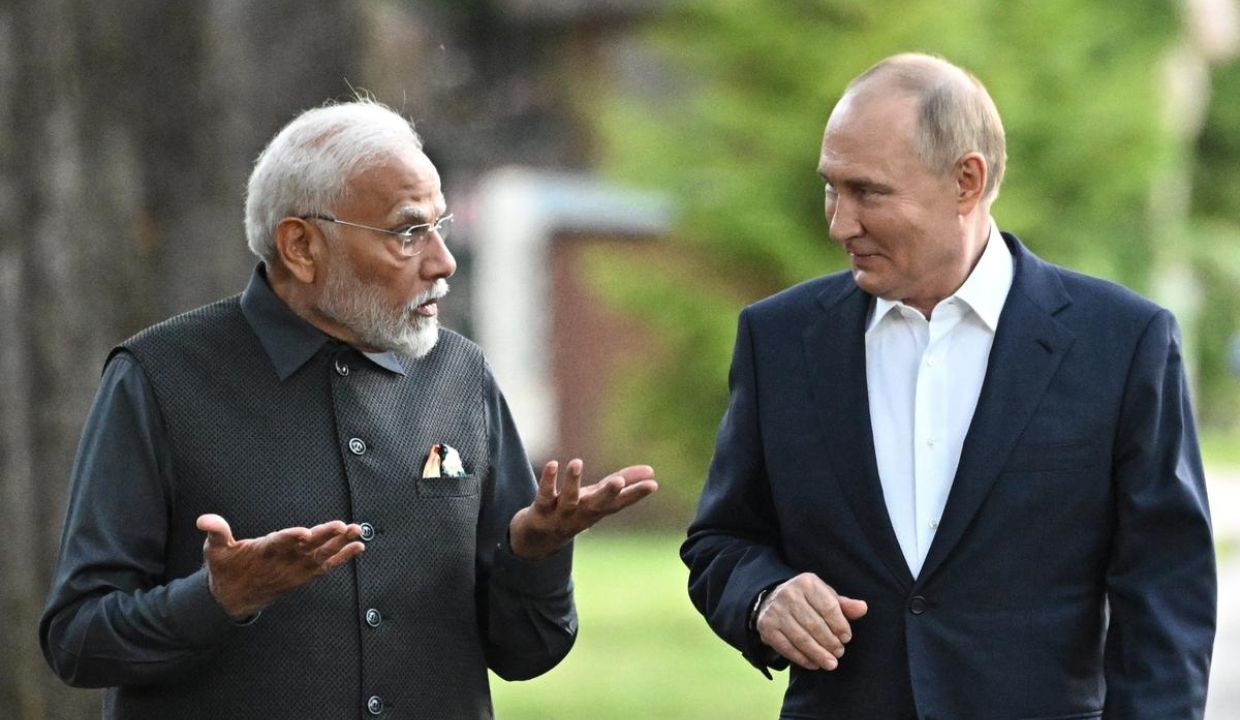














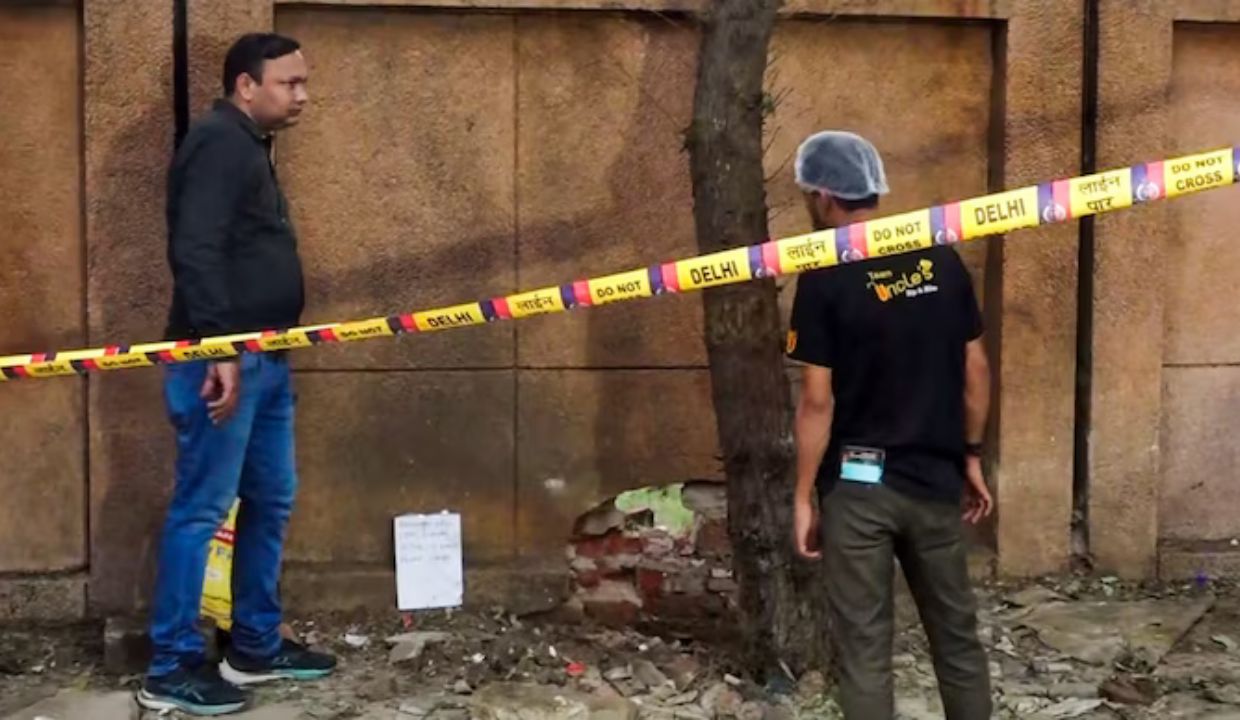
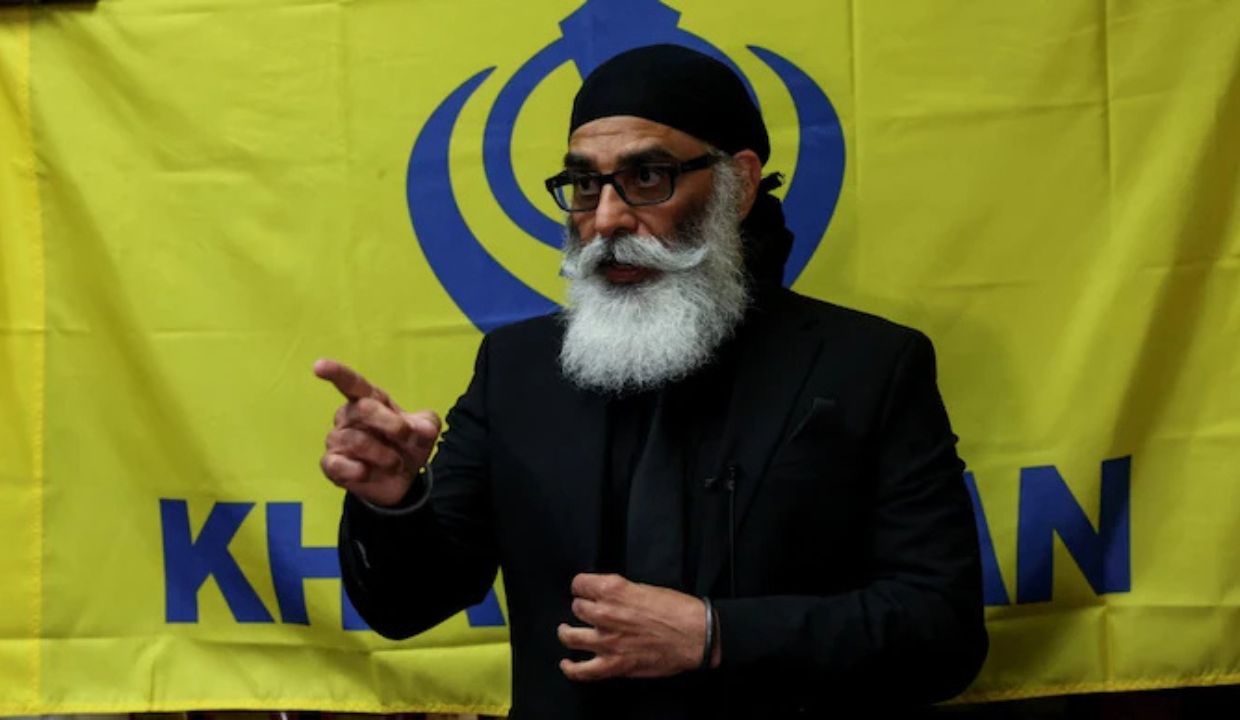






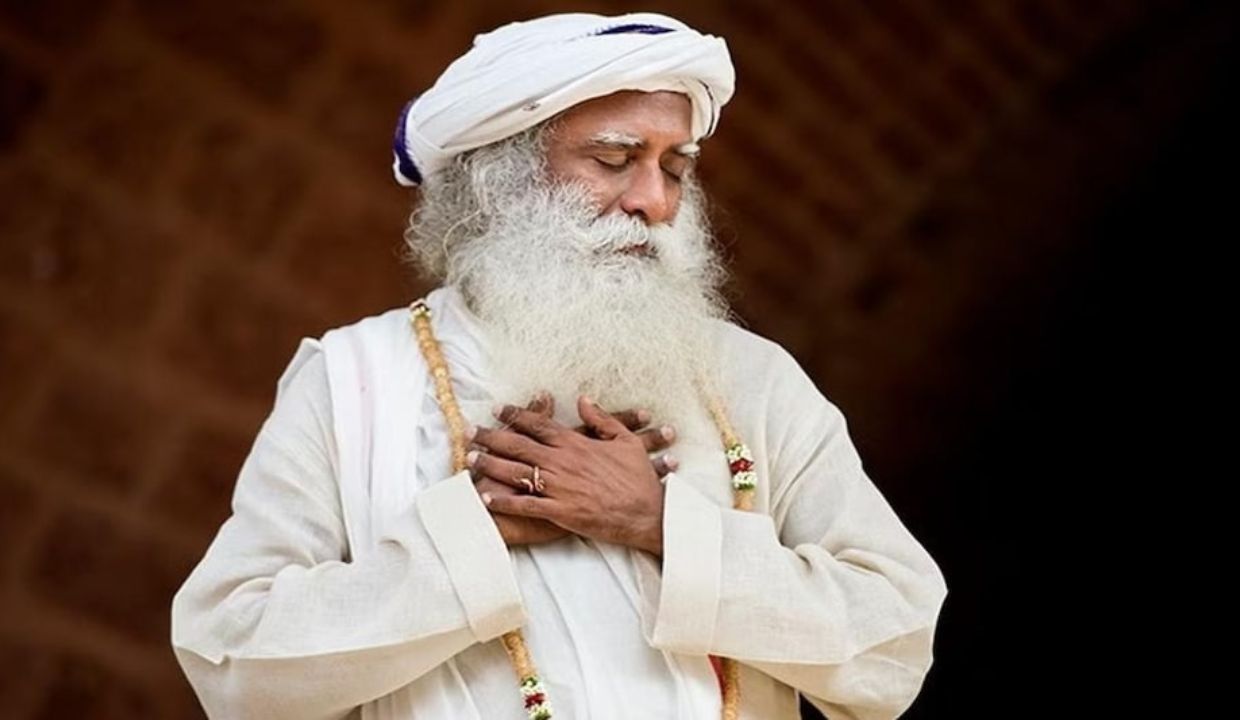





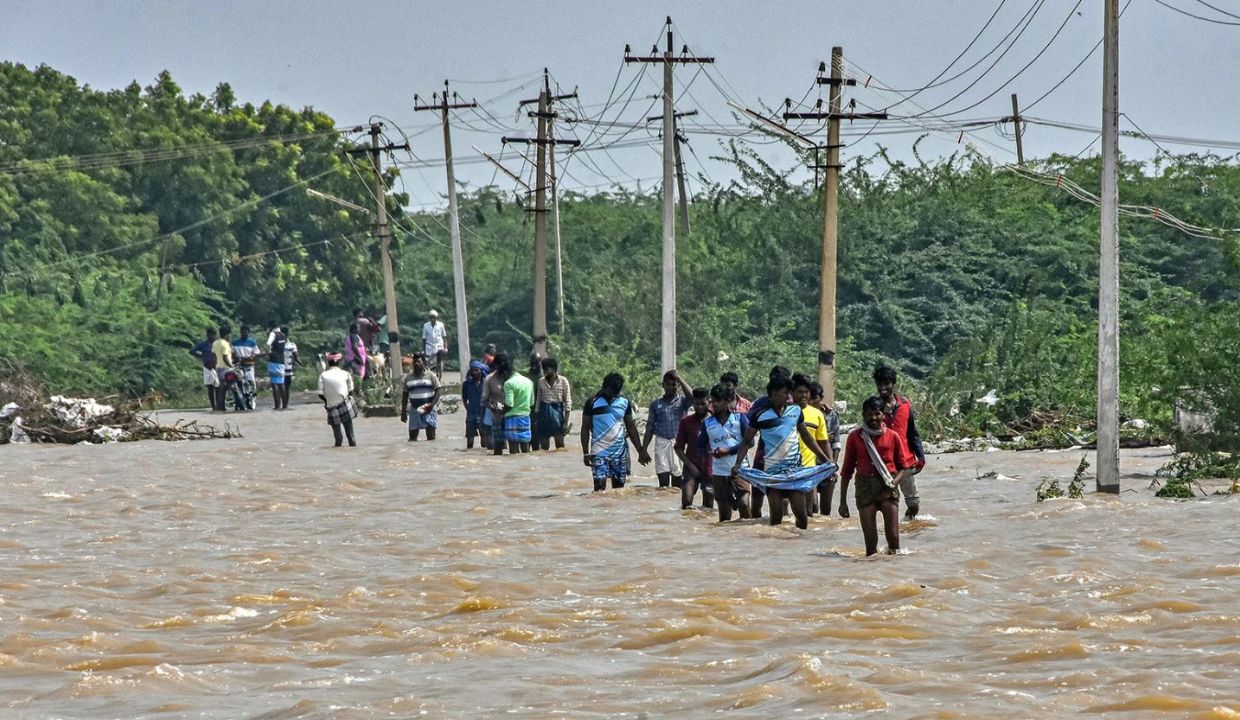





















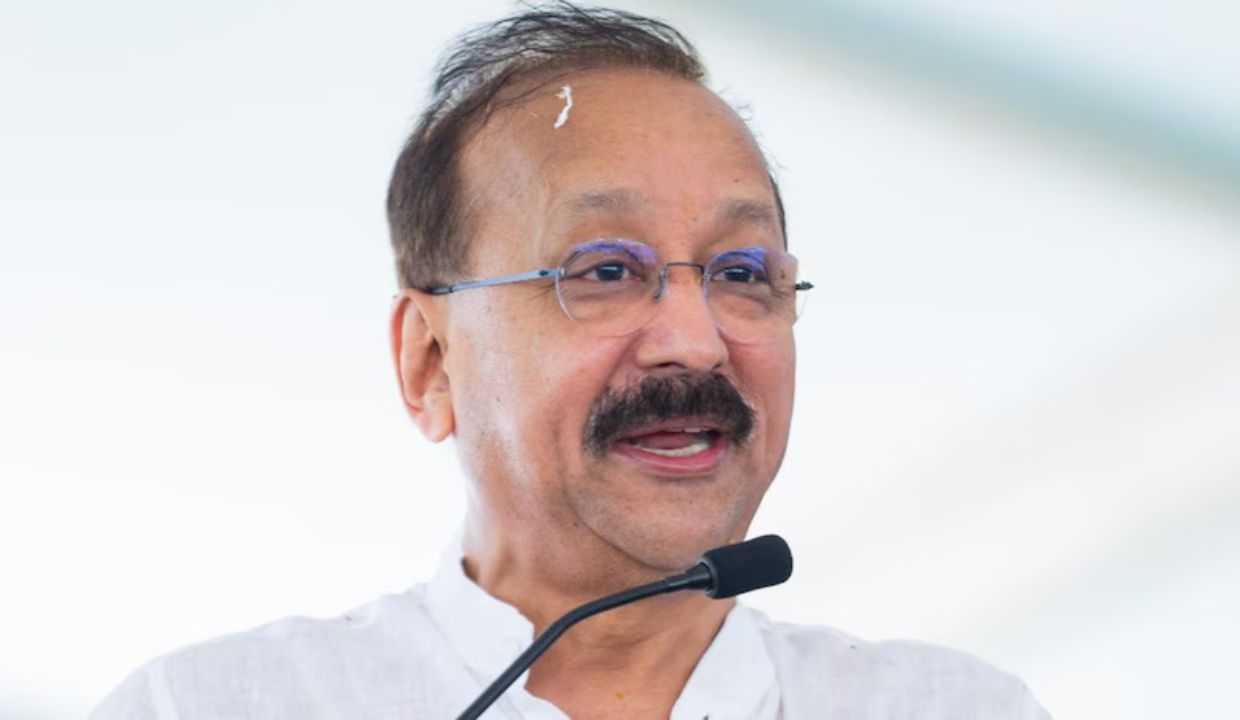






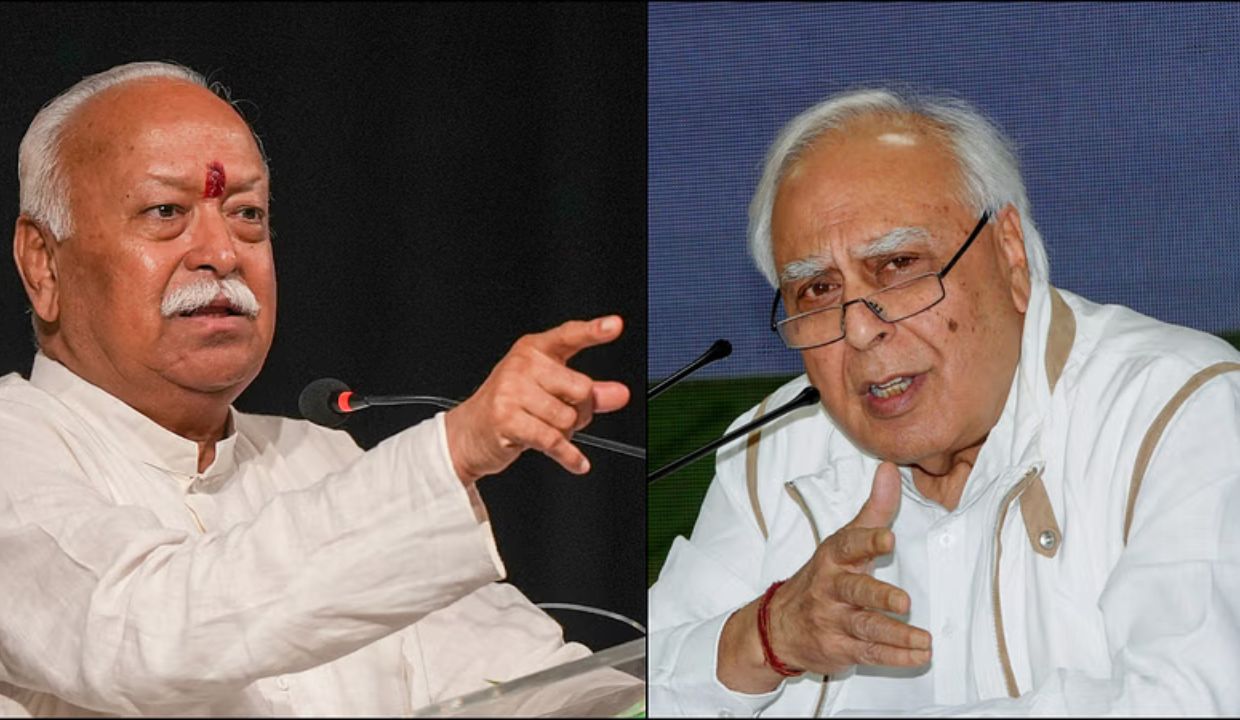









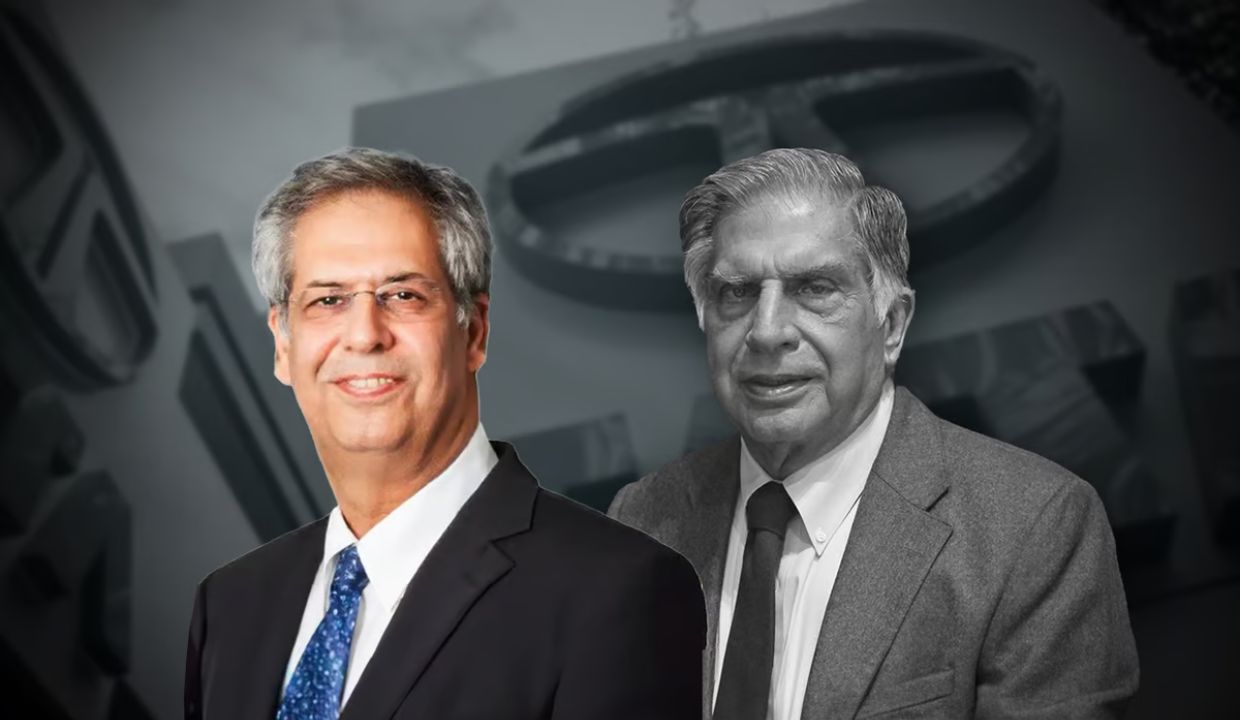














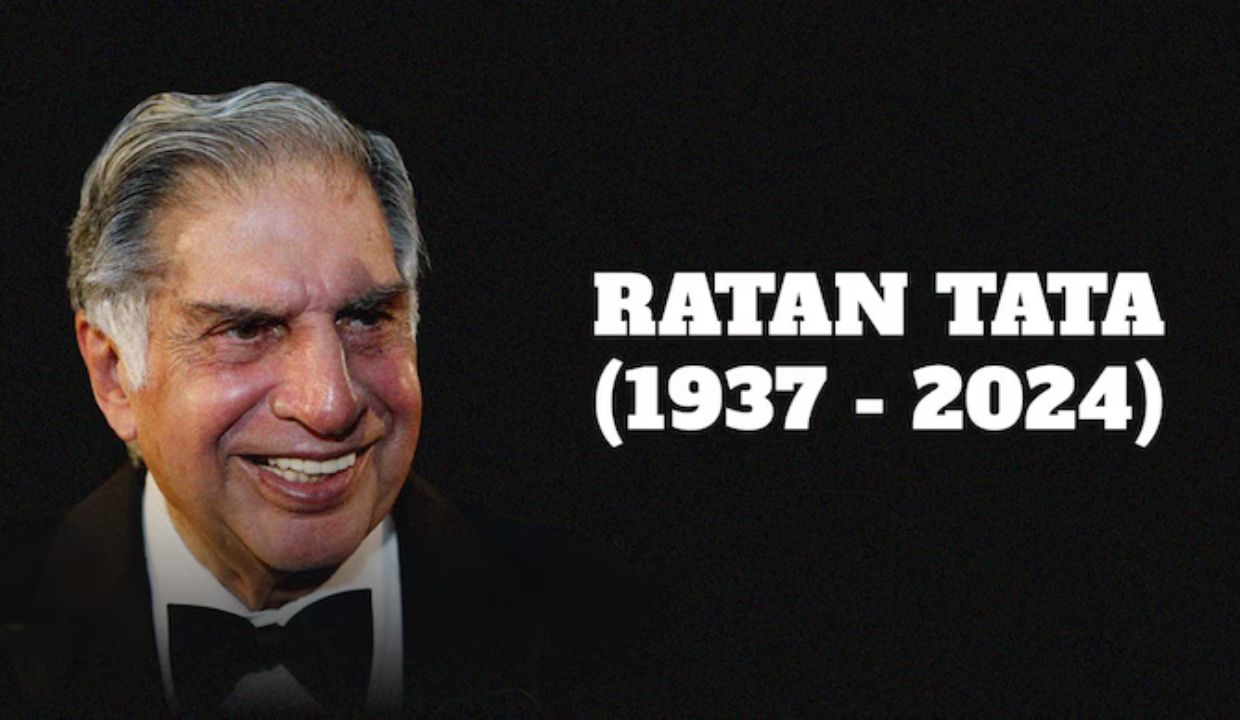

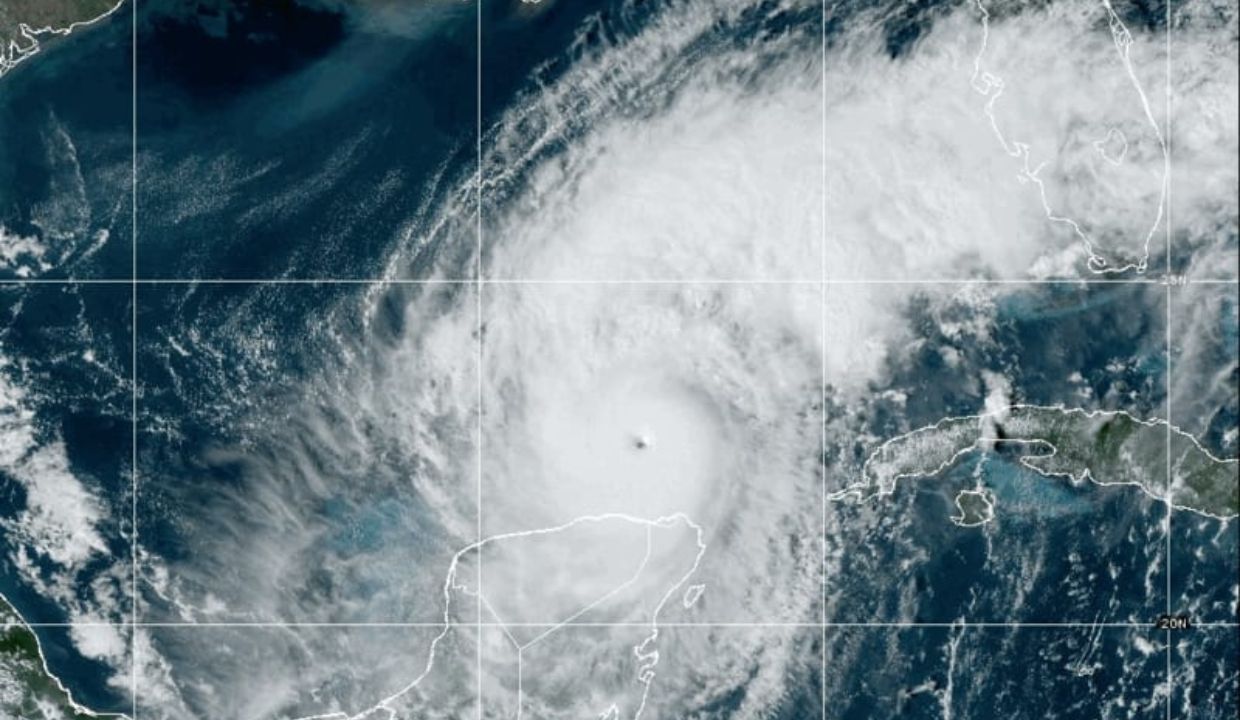








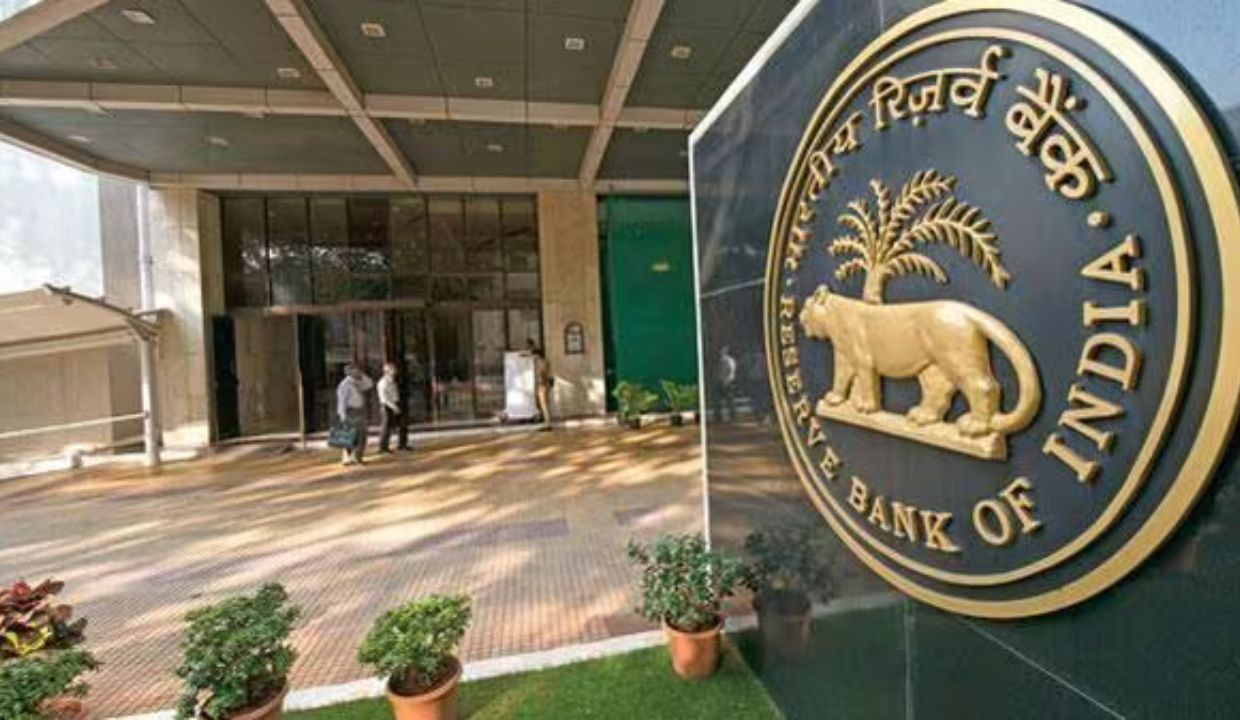









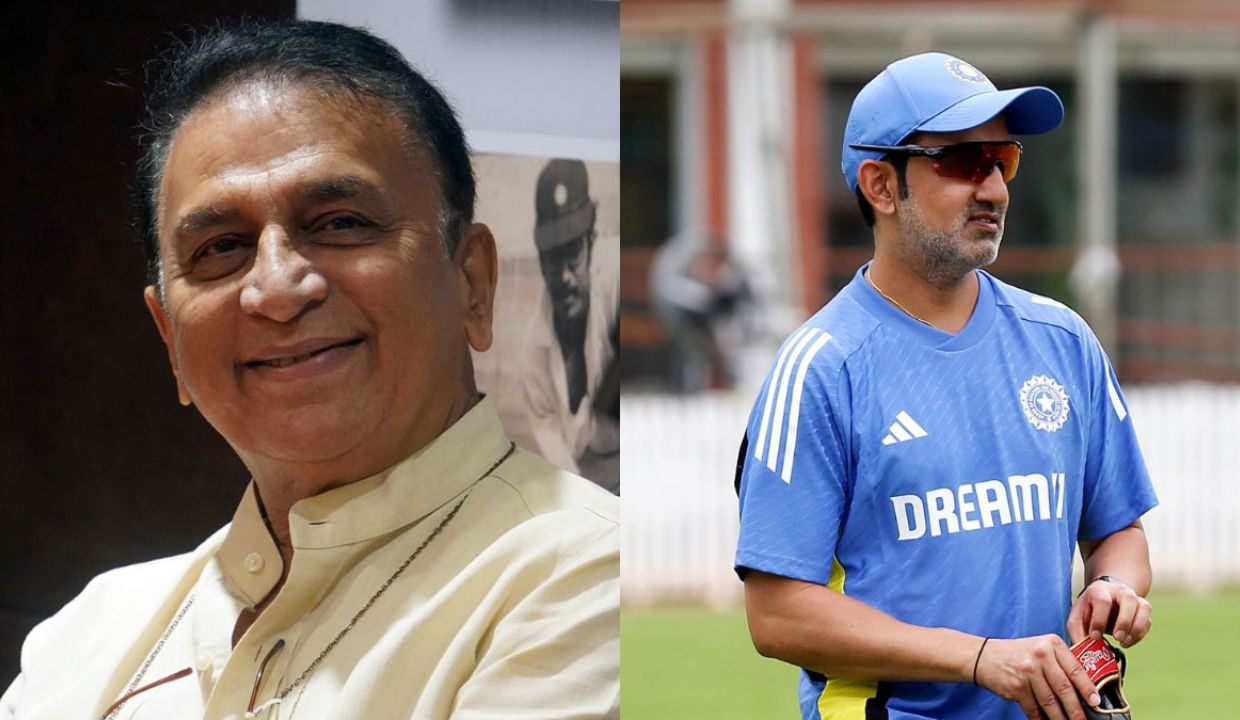


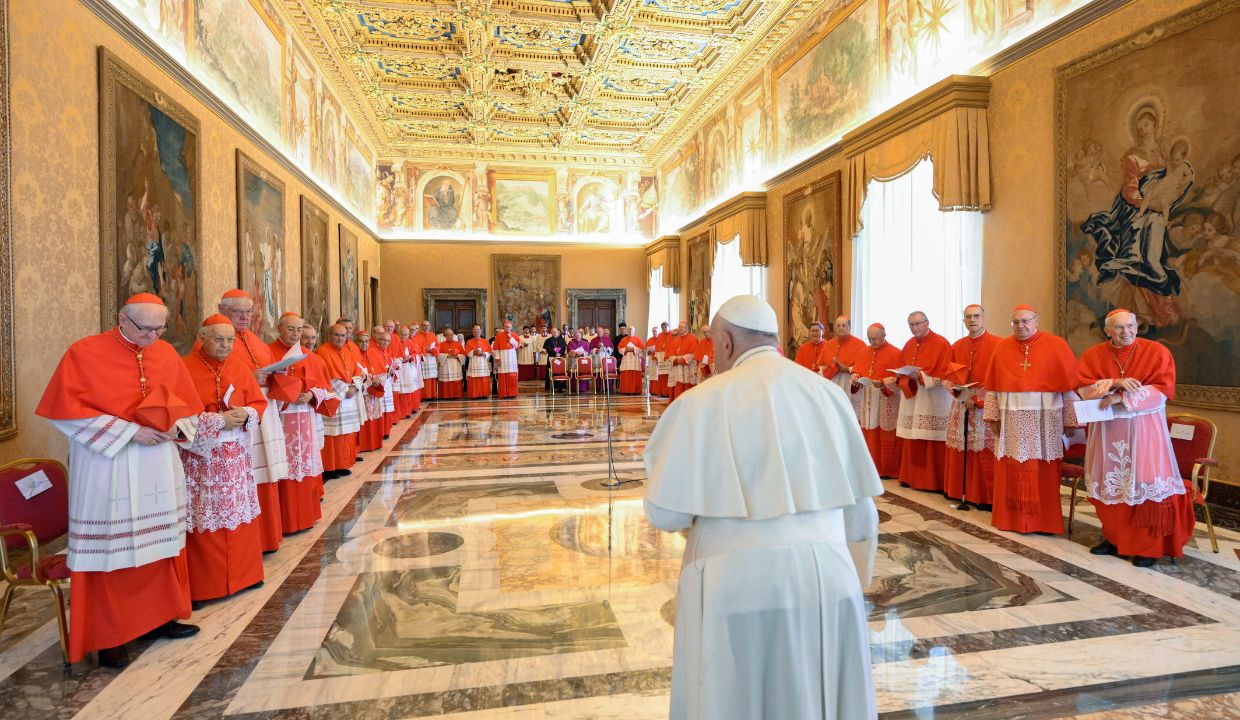





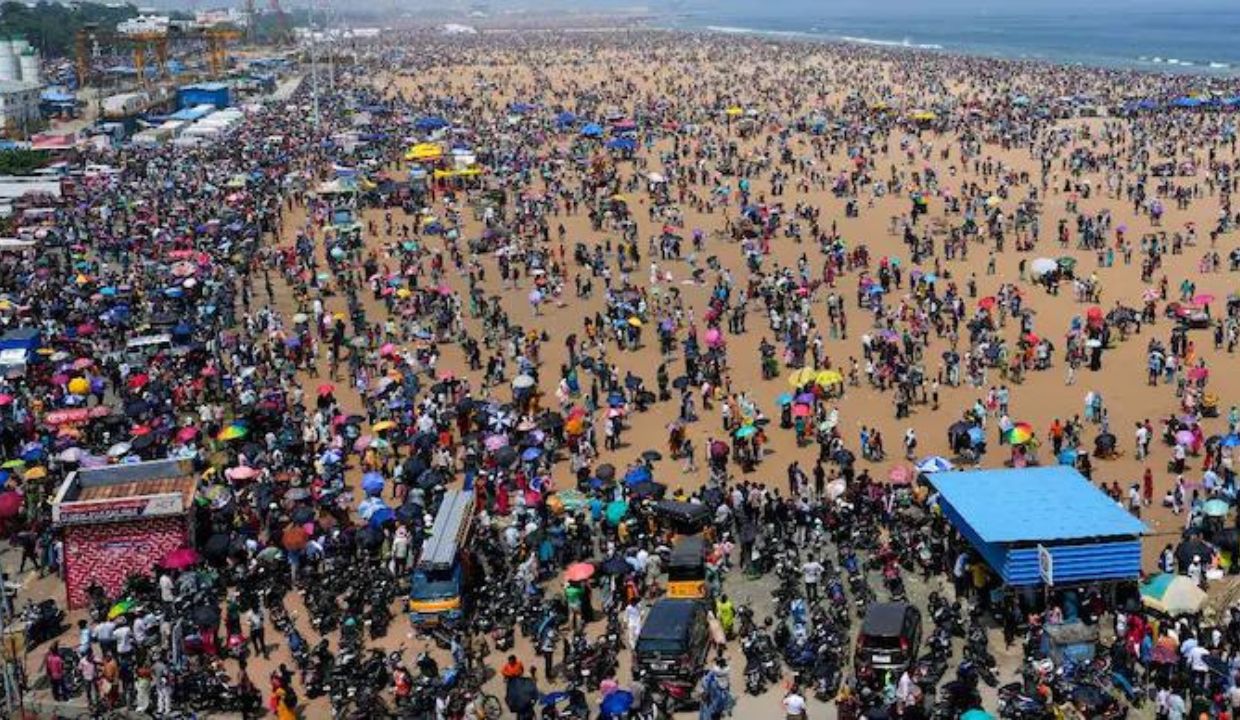







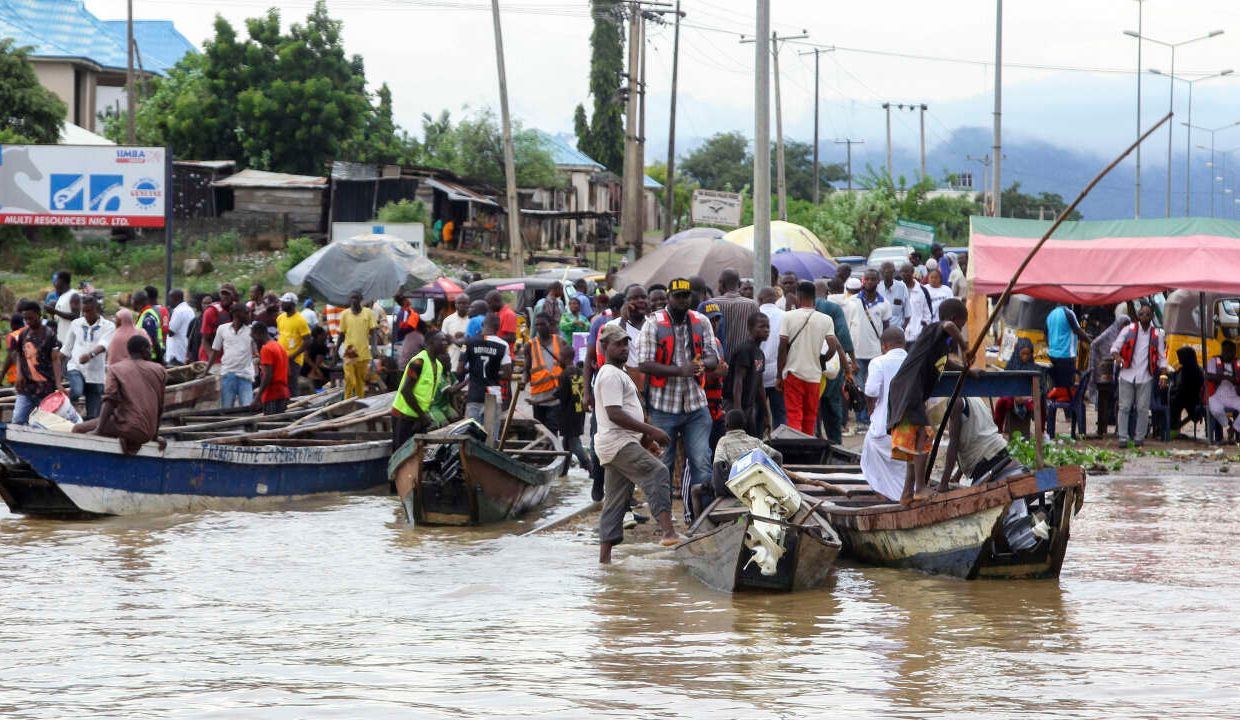





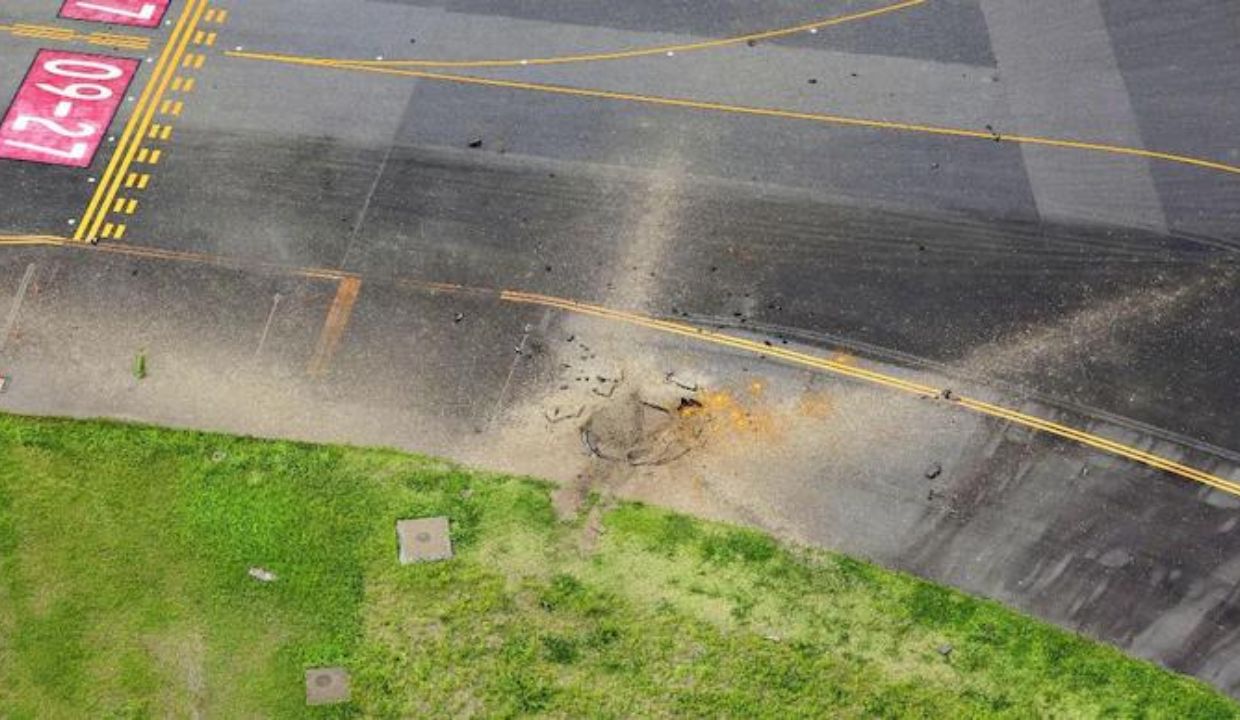







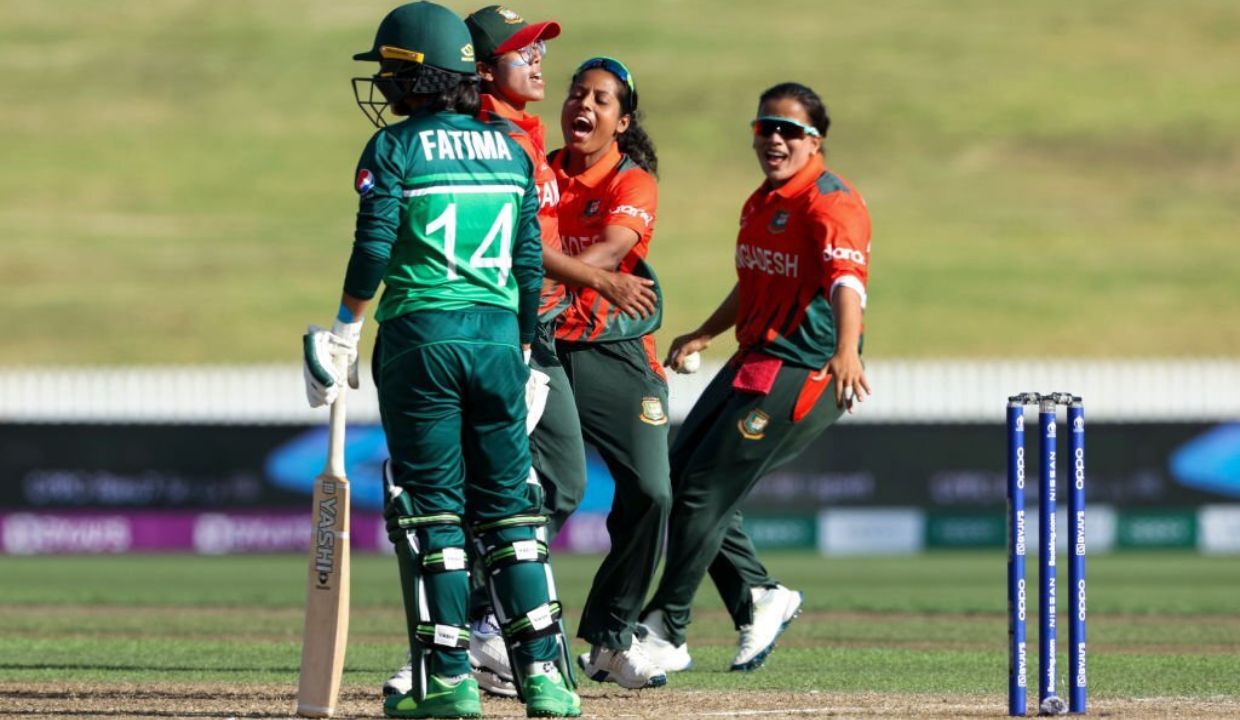









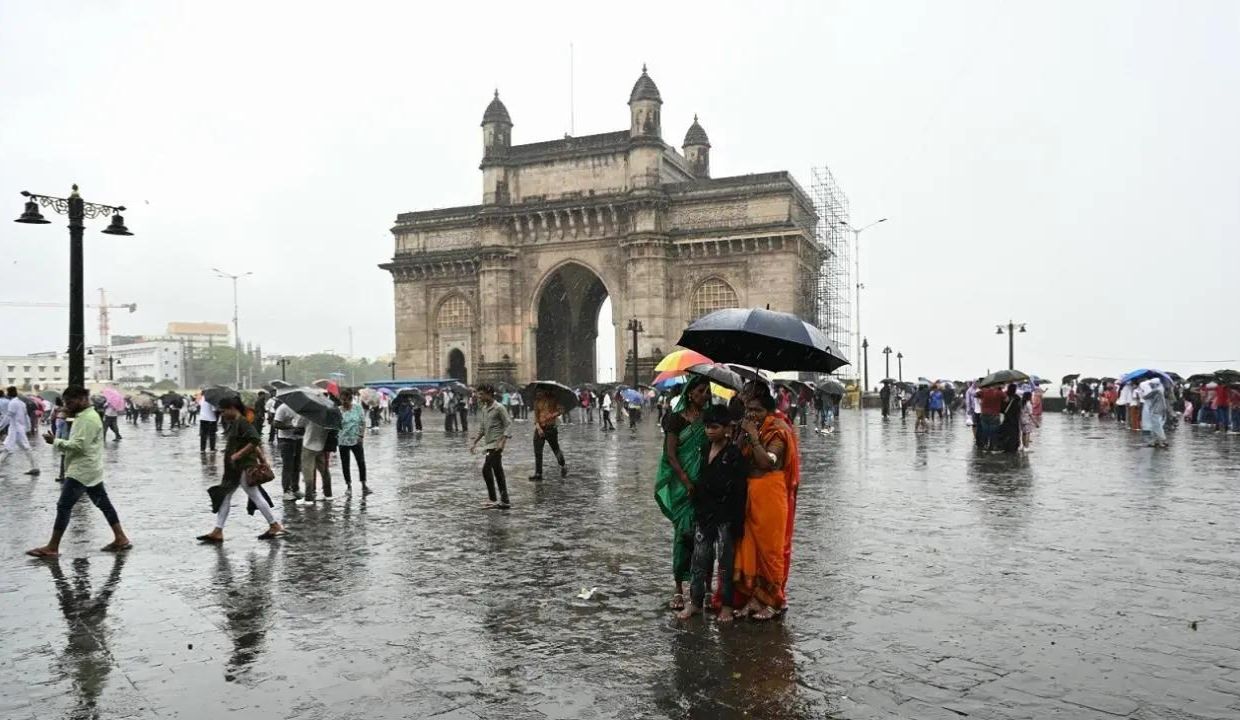



Within this platform, you can discover an extensive selection virtual gambling platforms. Searching for classic games latest releases, there’s something for any taste. Every casino included checked thoroughly for safety, allowing users to gamble with confidence. <a href="https://futurefly-whitetiger.com">vavada</a> Moreover, the site unique promotions and deals to welcome beginners and loyal customers. With easy navigation, finding your favorite casino is quick and effortless, enhancing your experience. Be in the know about the latest additions through regular check-ins, because updated platforms are added regularly.
Il nostro servizio offre la selezione di operatori per incarichi rischiosi. Chi cerca aiuto possono scegliere esperti affidabili per lavori una tantum. Ogni candidato vengono scelti con severi controlli. <a href="https://sonsofanarchy-italia.com">sonsofanarchy-italia.com</a> Con il nostro aiuto è possibile leggere recensioni prima di procedere. La qualità resta un nostro impegno. Sfogliate i profili oggi stesso per trovare il supporto necessario!
Here, you can browse various platforms for CS:GO gambling. We have collected a wide range of wagering platforms dedicated to CS:GO players. Each site is tested for quality to guarantee safety. <a href="https://smtijogja.sch.id/assets/articles/?5-cs2-gambling-situs-di-indonesia.html">skin gambling sites csgo</a> Whether you're new to betting, you'll effortlessly select a platform that meets your expectations. Our goal is to guide you to access only the best CS:GO gambling websites. Explore our list right away and elevate your CS:GO gaming experience!
On this platform, you can discover lots of online slots from top providers. Players can try out retro-style games as well as new-generation slots with stunning graphics and bonus rounds. Whether you’re a beginner or a seasoned gamer, there’s a game that fits your style. <a href="https://windlounge.de/">money casino</a> Each title are available anytime and compatible with PCs and smartphones alike. All games run in your browser, so you can jump into the action right away. Site navigation is easy to use, making it simple to explore new games. Sign up today, and dive into the excitement of spinning reels!
Here, you can access a wide selection of slot machines from leading developers. Players can experience classic slots as well as feature-packed games with stunning graphics and interactive gameplay. Even if you're new or a casino enthusiast, there’s a game that fits your style. play aviator</a> All slot machines are ready to play anytime and designed for laptops and mobile devices alike. No download is required, so you can start playing instantly. Platform layout is user-friendly, making it convenient to find your favorite slot. Register now, and enjoy the world of online slots!
Our platform offers a large selection of pharmaceuticals for online purchase. Anyone can securely get treatments from your device. Our range includes standard drugs and targeted therapies. All products is sourced from reliable providers. https://www.provenexpert.com/bcg-live-suspension/ We maintain user protection, with encrypted transactions and fast shipping. Whether you're filling a prescription, you'll find affordable choices here. Start your order today and enjoy stress-free online pharmacy service.
This website, you can find lots of online slots from leading developers. Users can enjoy traditional machines as well as modern video slots with high-quality visuals and bonus rounds. Even if you're new or a seasoned gamer, there’s something for everyone. play casino Each title are instantly accessible 24/7 and designed for PCs and tablets alike. You don’t need to install anything, so you can start playing instantly. Platform layout is easy to use, making it simple to browse the collection. Sign up today, and discover the thrill of casino games!
The site provides a wide range of medical products for ordering online. Users can easily buy health products from anywhere. Our inventory includes popular treatments and more specific prescriptions. Everything is sourced from trusted suppliers. https://community.alteryx.com/t5/user/viewprofilepage/user-id/574168 We ensure discreet service, with data protection and timely service. Whether you're treating a cold, you'll find safe products here. Explore our selection today and get stress-free support.
Этот сайт — сайт профессионального аналитической компании. Мы предлагаем поддержку в сфере сыскной деятельности. Команда детективов работает с предельной конфиденциальностью. Нам доверяют сбор информации и выявление рисков. <a href="https://justkidding-me.com/">Заказать детектива</a> Любая задача рассматривается индивидуально. Применяем проверенные подходы и ориентируемся на правовые стандарты. Нуждаетесь в реальную помощь — свяжитесь с нами.
On this platform, you can find a great variety of online slots from top providers. Visitors can enjoy retro-style games as well as new-generation slots with vivid animation and exciting features. If you're just starting out or a seasoned gamer, there’s something for everyone. casino All slot machines are ready to play anytime and compatible with PCs and tablets alike. All games run in your browser, so you can get started without hassle. The interface is intuitive, making it simple to find your favorite slot. Register now, and dive into the thrill of casino games!
Этот сайт — официальная страница лицензированного расследовательской службы. Мы предоставляем поддержку в области розыска. Штат детективов работает с повышенной конфиденциальностью. Мы занимаемся поиски людей и выявление рисков. <a href="https://justkidding-me.com/">Нанять детектива</a> Любой запрос получает персональный подход. Задействуем современные методы и ориентируемся на правовые стандарты. Ищете настоящих профессионалов — вы нашли нужный сайт.
This website, you can discover a great variety of casino slots from top providers. Players can enjoy retro-style games as well as feature-packed games with vivid animation and bonus rounds. Even if you're new or an experienced player, there’s a game that fits your style. play aviator All slot machines are ready to play 24/7 and compatible with PCs and smartphones alike. You don’t need to install anything, so you can get started without hassle. The interface is user-friendly, making it quick to browse the collection. Sign up today, and dive into the world of online slots!
This website, you can access a wide selection of slot machines from leading developers. Players can enjoy classic slots as well as new-generation slots with stunning graphics and interactive gameplay. Whether you’re a beginner or a seasoned gamer, there’s a game that fits your style. play casino Each title are available 24/7 and designed for laptops and mobile devices alike. All games run in your browser, so you can get started without hassle. The interface is intuitive, making it simple to explore new games. Join the fun, and enjoy the excitement of spinning reels!
Here, you can discover lots of slot machines from top providers. Users can enjoy classic slots as well as new-generation slots with stunning graphics and interactive gameplay. Even if you're new or an experienced player, there’s a game that fits your style. play aviator Each title are available anytime and compatible with laptops and mobile devices alike. All games run in your browser, so you can jump into the action right away. Platform layout is user-friendly, making it simple to browse the collection. Register now, and discover the excitement of spinning reels!
On this platform, you can discover a great variety of slot machines from famous studios. Visitors can experience retro-style games as well as new-generation slots with vivid animation and bonus rounds. If you're just starting out or a seasoned gamer, there’s a game that fits your style. slot casino All slot machines are instantly accessible 24/7 and optimized for laptops and mobile devices alike. You don’t need to install anything, so you can get started without hassle. Site navigation is easy to use, making it quick to browse the collection. Register now, and discover the world of online slots!
This portal offers a large variety of online slots, ideal for different gaming styles. Right here, you can find retro-style games, new generation slots, and huge-win machines with high-quality visuals and immersive sound. If you are a fan of minimal mechanics or seek engaging stories, you’re sure to find something that suits you. https://online.sktorrent.eu/include/articles/vybiraem_nadeghnoe_i_funkcionalynoe_napolynoe_pokrytie.html Each title are available around the clock, right in your browser, and perfectly tuned for both PC and mobile. Besides slots, the site provides helpful reviews, bonuses, and player feedback to help you choose. Sign up, start playing, and enjoy the excitement of spinning!
Suicide is a tragic topic that affects millions of people worldwide. It is often connected to emotional pain, such as depression, hopelessness, or chemical dependency. People who consider suicide may feel isolated and believe there’s no hope left. https://how-to-kill-yourself.com We must raise awareness about this subject and offer a helping hand. Mental health care can save lives, and reaching out is a crucial first step. If you or someone you know is in crisis, don’t hesitate to get support. You are not without options, and there’s always hope.
Taking one's own life is a complex issue that affects countless lives across the world. It is often linked to psychological struggles, such as anxiety, trauma, or substance abuse. People who consider suicide may feel trapped and believe there’s no solution. <a href="https://how-to-kill-yourself.com/">fast way to kill yourself</a> Society needs to spread knowledge about this matter and support those in need. Early support can reduce the risk, and talking to someone is a necessary first step. If you or someone you know is in crisis, don’t hesitate to get support. You are not forgotten, and there’s always hope.
Здесь доступны интересные игровые слоты. Мы предлагаем большой выбор игр от популярных брендов. Любой автомат обладает уникальной графикой, увлекательными бонусами и щедрыми выплатами. https://lindapprs.com/exploring-the-thrilling-world-of-online-casinos-2/ Пользователи могут запускать слоты бесплатно или выигрывать настоящие призы. Интерфейс просты и логичны, что облегчает поиск игр. Если вы любите азартные игры, здесь вы точно найдете что-то по душе. Присоединяйтесь прямо сейчас — азарт и удача уже рядом!
Self-harm leading to death is a tragic topic that touches millions of people worldwide. It is often connected to psychological struggles, such as depression, stress, or chemical dependency. People who contemplate suicide may feel isolated and believe there’s no solution. <a href="https://how-to-kill-yourself.com/">fast way to kill yourself</a> It is important to talk openly about this subject and help vulnerable individuals. Prevention can make a difference, and talking to someone is a crucial first step. If you or someone you know is thinking about suicide, get in touch with professionals. You are not alone, and there’s always hope.
Слоты — это одна из востребованных игровых механик в мире ставок. Смысл слотов состоит в выпадении символов, которые формируют выигрышные линии. Каждый слот имеет разнообразные функции, разнообразные символы и бонусные раунды, которые увеличивают шансы на выигрыш. Слоты делятся на традиционные и продвинутые, где можно встретить разные уровни сложности. <a href="https://memorial-komi.org">чемпион слот</a> Многие игроки выбирают эти игры за интуитивность и интересный игровой процесс без сложных стратегий. Новые игровые автоматы могут включать различные специальные символы, что добавляет динамики. Как результат, игровые автоматы остаются одним из самых востребованных видов развлечений в мире азартных игр.
Игровые автоматы — это одна из самых популярных игровых механик в сфере гемблинга. Главная идея слотов состоит в вращении барабанов, результат которых формируют выигрышные линии. Каждый автомат имеет уникальные функции, разные знаки и бонусные раунды, которые делают игру интереснее. Игровые автоматы подразделяются на классические и современные, где можно встретить различные бонусные режимы. <a href="https://osipova.moscow">1х слот</a> Многие игроки выбирают слоты за простоту правил и интересный игровой процесс с минимумом тактических решений. Современные слоты могут включать различные специальные символы, что делает процесс еще увлекательнее. Таким образом, эти игры продолжают быть очень популярным видов развлечений в мире азартных игр.
Слоты — это одна из самых популярных категорий развлечений в сфере гемблинга. Основная суть этих игр заключается в комбинациях символов, что создают комбинации. Каждый автомат содержит уникальные функции, разнообразные знаки и дополнительные функции, которые делают игру интереснее. Эти игры бывают на ретро-стильные и новые, где используются уникальные механики. <a href="https://lit-sovet.ru">м2 слот</a> Многие игроки выбирают эти игры за интуитивность и возможность расслабиться без необходимости запоминать сложные комбинации. Современные игровые механики часто содержат множество уникальных фишек, что делает процесс еще увлекательнее. Таким образом, игровые автоматы остаются одним из любимых видов развлечений в гемблинге.
На данном сайте вы сможете найти последние новости Краснодара. Здесь размещены актуальные события города, обзоры и оперативная информация. Будьте в курсе городских новостей и получайте информацию из первых рук. Если вам интересно, что происходит в Краснодаре, заглядывайте сюда регулярно! https://krasnodar.rftimes.ru/
BlackSprut – платформа с особыми возможностями Сервис BlackSprut привлекает внимание разных сообществ. В чем его особенности? Эта площадка предоставляет разнообразные функции для аудитории. Интерфейс платформы выделяется простотой, что позволяет ей быть интуитивно удобной даже для новичков. Важно отметить, что BlackSprut имеет свои особенности, которые отличают его в своей нише. Говоря о BlackSprut, стоит отметить, что различные сообщества оценивают его по-разному. Некоторые выделяют его функциональность, а некоторые относятся к нему неоднозначно. В целом, эта платформа продолжает быть предметом обсуждений и привлекает внимание широкой аудитории. Рабочее зеркало к BlackSprut – проверьте у нас Если ищете обновленный сайт БлэкСпрут, то вы по адресу. <a href="https://b2best.at">https://bs2best</a> Иногда платформа меняет адрес, поэтому приходится искать актуальное зеркало. Обновленный адрес легко найти здесь. Проверьте рабочую версию сайта прямо сейчас!
На этом сайте вы сможете найти подробную информацию о лекарственном средстве Ципралекс. Вы узнаете здесь сведения о основных показаниях, дозировке и возможных побочных эффектах. http://QamchabadIran.auio.xyz/category/website/wgI2vZFhZf5rbhFqBTP7G0CD1